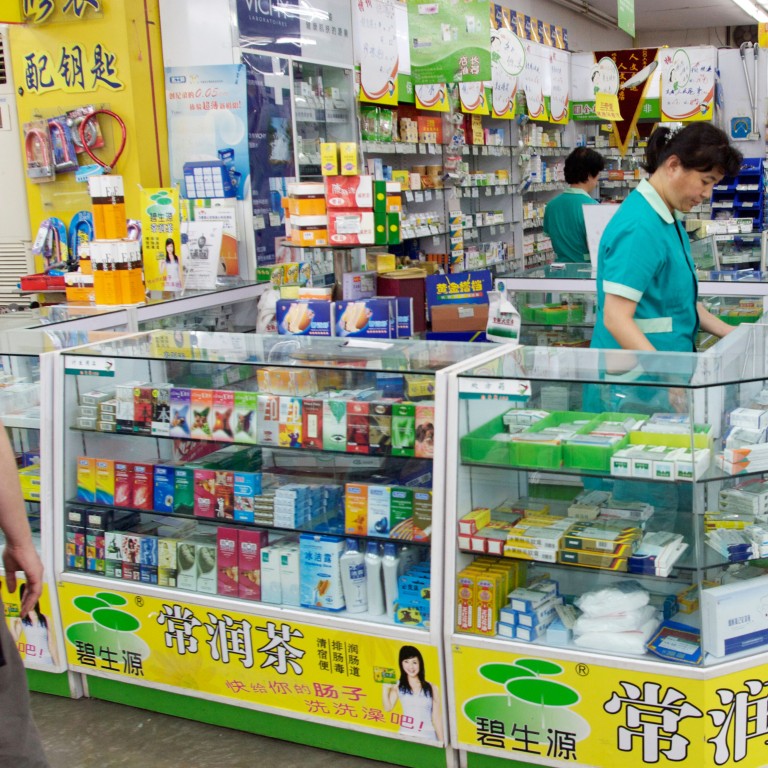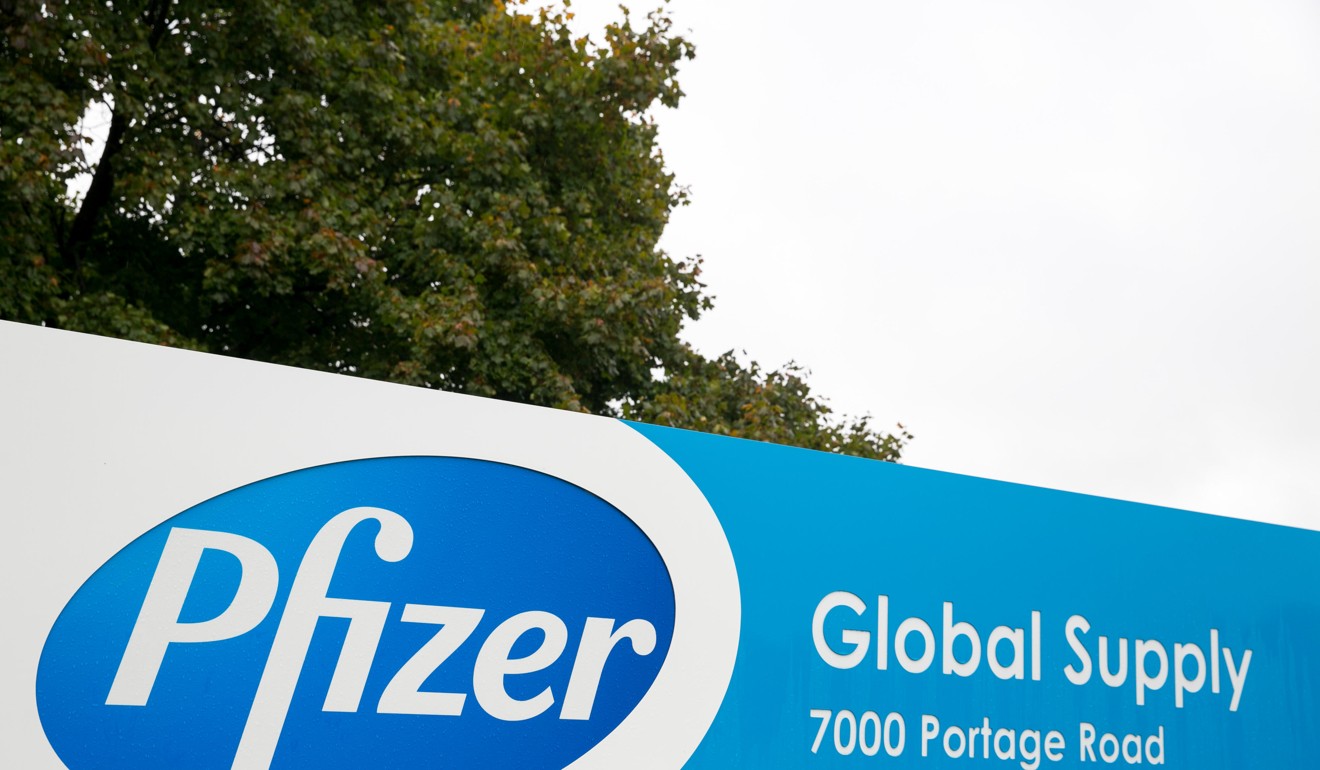
Pharma firms face shake-up with China’s plan to bulk-buy drugs
- Pilot programme involves major cities clubbing together to purchase certain medicines, driving down prices
- Chinese companies that have invested heavily in R&D stand best chance of survival
China’s plan to drive down generic drug prices through a centralised bulk procurement programme is set to redraw the industry by forcing its thousands of small generic drug makers to streamline and consolidate after decades of enjoying outsized profit margins.
“There won’t be a second act for traditional generic drug makers in China,” said Dai Ming, Shanghai-based fund manager at Hengsheng Asset Management.
“In the past, there was hope that these companies would benefit from more government investment in health care due to the ageing population, but now these health care stocks will be further hurt by policy and undergo a greater correction.”
To survive the shifting landscape and rely less on generics – drugs whose patents have expired – many companies are scrambling to pump money into research and development.
Chinese pharmaceutical stocks plunge on bigger than expected price cuts of generic drugs on compulsory bulk tendering
Discovering a new medicine allows companies to earn high profits for as long as the new drug is covered by a patent, balancing out the loss of revenue from the fall in generic drug prices.
Chinese companies had been in a sweet spot. Among the top 100 generic drug makers, Chinese firms had a 74 per cent gross margin and an 18 per cent profit margin in the third quarter, compared with a global average of 55 per cent and 9.5 per cent, respectively, according to data compiled by Bloomberg.

The privileged position was due to the quirks of China’s regulatory system. While multinational giants had to wait years for approval to import their new drugs, the domestic generic makers could do a thriving business in copying, testing and getting local permission for the medicines.
At the same time, the industry benefited because of the lack of a centralised system for quality control. Multinationals like Pfizer and AstraZeneca could win more hospital tenders for their off-patent drugs, as they could more easily offer quality assurances for their higher-cost medicines. That kept prices elevated throughout the pharmaceutical sector.
Why most small players may not survive China’s pharmaceutical industry consolidation
Now, China has embarked on a pilot programme in which major cities bulk-buy certain drugs together, forcing companies to bid for contracts and driving down prices by an average of 52 per cent, one by as much as 90 per cent. Last week, Chinese Vice-Premier Sun Chunlan said China would be expanding the programme to cover more cities and drugs, as medicine prices must fall for health care to be affordable for the people.
Chinese companies that are already heavily invested in research and development (R&D) stand the best chance of surviving the new landscape. Among mainland shares, Jiangsu Hengrui Medicine has invested the most in research by far, amounting to 16 per cent of revenue in the latest quarter.
Guangzhou-based Yipinhong Pharmaceutical is in second place with 8.4 per cent. Zhejiang Jingxin Pharmaceutical, Chengdu Kanghong Pharmaceutical Group and Tianjin Lisheng Pharmaceutical have invested about 8 per cent of sales into research.
Among Hong Kong-traded shares, CSPC Pharmaceutical Group has 8.14 per cent of sales invested in research and Sino Biopharmaceutical has 6.23 per cent.
At present, Jiangsu Hengrui gets 20 per cent of its revenue from novel drugs and 80 per cent from generics, a ratio it wants to flip, according to Lianshan Zhang, its president of global R&D.
But a successful novel drug can take decades to develop, and the Chinese pharmaceuticals are up against the deep pockets and research talent of the multinationals, who are now enjoying rapid approval from Chinese regulators for their new medicine.
And since their investment funds came from revenue generated by generics, the plunge in prices might set off a vicious circle, analysts said.
“With generic drug revenue being compressed, there’s a chance that it can’t cover the necessary investment to transition to novel drugs,” Huarong Securities analyst Zhang Keran said. “The market does worry whether or not there will be sustainable cash flow going forward.”

